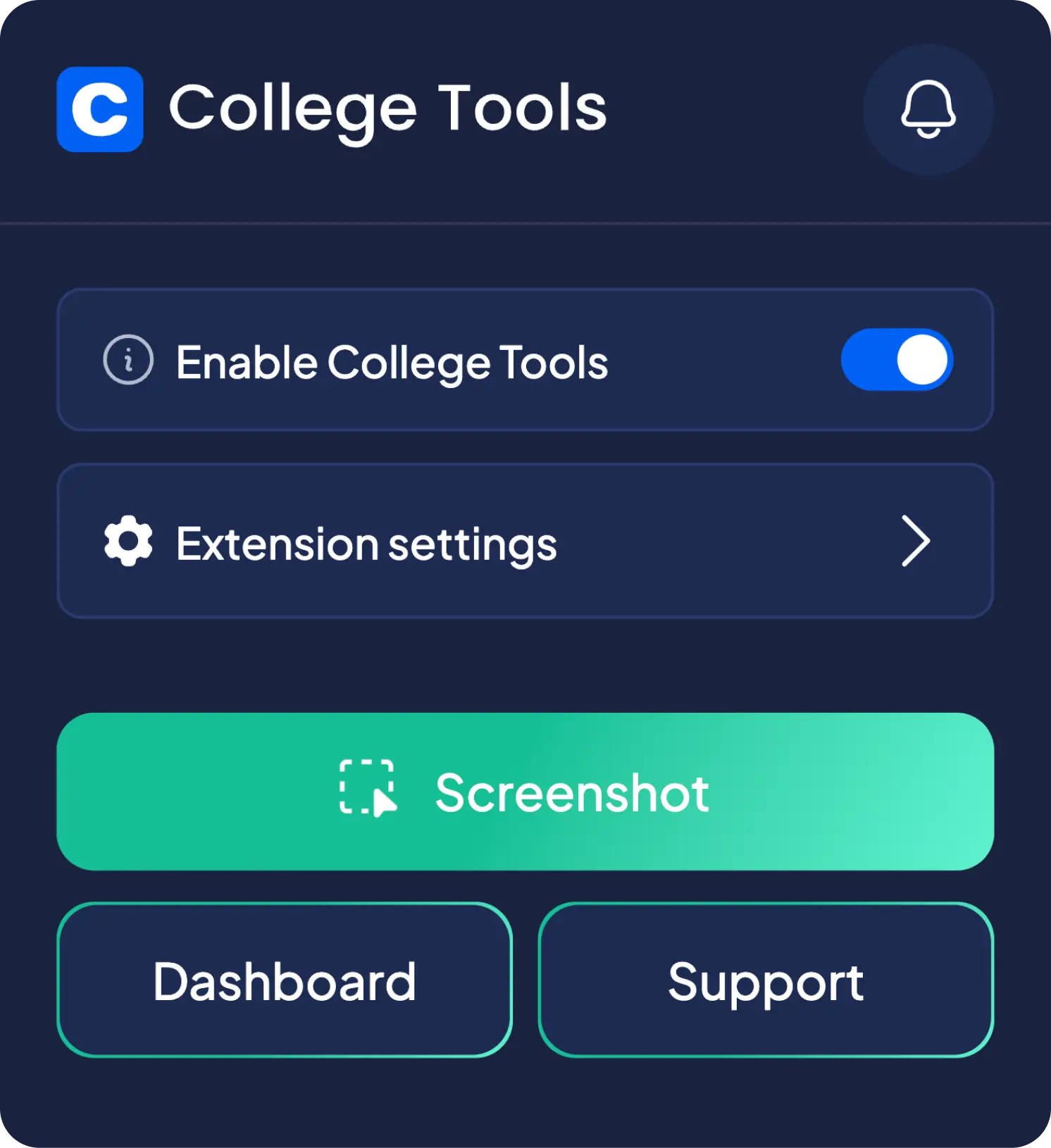Table of Contents
Master Time Management
One of the first steps toward increased productivity is effective time management. Renowned publications like Harvard Business Review emphasize that time management is more about big-picture strategic planning rather than just everyday life hacks. It starts with setting clear priorities and understanding the difference between urgent and important tasks.
Here's how to get started:
- Begin each week by mapping out major assignments, exams, and other obligations.
- Utilize digital calendars and task management tools to keep everything organized.
- Avoid multitasking as it can reduce the quality of your work and lead to burnout.
Develop a Study Routine
Studying efficiently is paramount for students who aim to grasp complex economic models and business strategies. Customizing a study plan that fits your learning style can significantly increase your retention and understanding.
Try these tips:
- Dedicate specific times of the day to study when you're least likely to be interrupted.
- Break down study material into manageable sections to avoid overwhelm.
- Use active learning techniques such as teaching concepts to a peer or creating your own exam questions.
Utilize Multiple Choice Question Solvers
For exams, particularly those involving multiple-choice questions, students can benefit from technological advancements such as AI-powered multiple choice questions solvers. These tools can provide practice quizzes and instant feedback, which is essential for mastering the material.
Consider these benefits:
- Immediate results help to quickly identify areas where more review is needed.
- They resemble real exam formats, aiding in practice under timed conditions.
- Some solvers can even offer detailed explanations for answers, enhancing your learning curve.
Enhance Productivity with Tech Tools
In the age of remote learning and digital tools, harnessing technology is vital for staying ahead. Many apps and software are designed to help with note-taking, project management, and collaboration. Our very own College Tools has a range of features that seamlessly integrate with your workflow in any Learning Management System.
Focus on tools that:
- Allow for efficient note-taking and information organization.
- Enable project collaboration in real-time with peers or instructors.
- Offer customization to tailor the functionalities according to your productivity needs.
Balance Work and Leisure
As much as productivity is about working efficiently, it's also about resting effectively. Business and economics students should not underestimate the power of proper rest and leisure activities in maintaining a healthy work-life balance.
Here's how you can achieve balance:
- Schedule breaks and leisure activities just as you would academic tasks.
- Engage in activities that are completely unrelated to your studies to give your mind a break.
- Practice regular self-care routines to ensure you're mentally and physically well.
Strategies from Industry Leaders
Emulating the productivity tactics of successful business leaders can also be enlightening. Outlets such as Forbes detail various approaches taken by industry professionals which can be adapted to your student life.
Key takeaways include:
- Strict prioritization to allocate your best hours to the most critical tasks.
- Delegation skills, which in a student context, means seeking help when you're overwhelmed, perhaps in the form of a study group.
- Continuous learning and improvement, as productivity is a skill that can always be developed further.
Effective Use of Breaks
According to Lifehack, short breaks can play a significant role in maintaining productivity over long study sessions. Students should take regular breaks to stay focused and rested.
To make the most of your breaks:
- Step away from your study area to ensure a change of environment.
- Use techniques such as the Pomodoro Technique to structure time periods of focused study and rest.
- Engage in activities that are rejuvenating, whether it's a quick walk outside or a brief meditation session.
The journey to becoming highly productive is a personal one, and what works for one student may not be as effective for another. It's important to try different strategies, measure your progress, and tweak your approach accordingly. Whether it's streamlining your study habits or harnessing the potential of digital tools, every small step towards increased productivity paves the path for success in the dynamic fields of business and economics.








